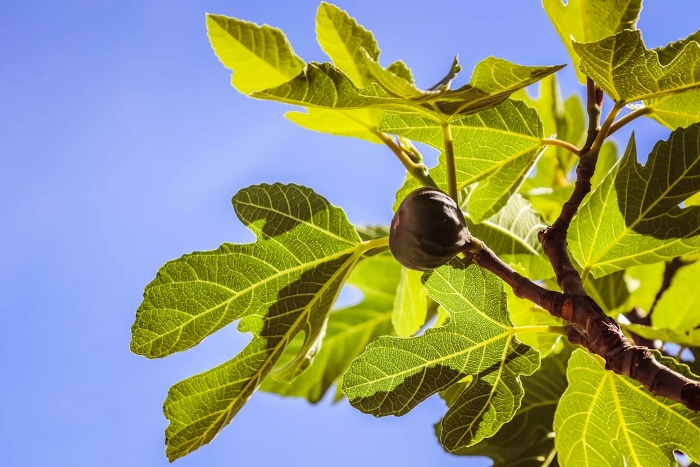Parable of the Unfruitful Fig Tree

The Parable of the Unfruitful Fig Tree is a story Jesus tells in the Gospel of Luke (Luke 13:6-9) to illustrate themes of patience, repentance, and divine mercy. In the story, a man has a fig tree planted in his vineyard that has not produced fruit for three years. Frustrated, he tells the vineyard caretaker to cut it down, as it’s wasting soil that could nourish a fruitful plant. The caretaker, however, asks for one more year. He proposes to dig around it, fertilize it, and give it extra care; if it still doesn’t produce fruit after that, it will then be cut down.
The fig tree often symbolizes Israel in the Hebrew Scriptures, so the audience listening would likely have recognized the tree as a stand-in for the people of Israel, whom God had tended, blessed, and set apart to live out His purposes in the world. Israel had a history of wavering between faithfulness and rebellion, and here Jesus was calling them to return to their purpose. In a broader sense, though, the fig tree can represent anyone given the gift of life and purpose, yet failing to fulfill their potential. Just as the fig tree was given soil, water, and care, people receive countless gifts from God — time, opportunities, relationships, and spiritual nourishment. But when these blessings are met with barrenness (lack of good works or growth in faith), they are being squandered.
The vineyard owner’s judgment to cut down the tree reflects a standard of justice: if something doesn’t fulfill its purpose, it is removed. Yet, Jesus’ story emphasizes the patience and mercy God extends to people. The caretaker’s intervention — requesting more time and promising more care — reflects Jesus’ ministry, where He called people to repentance and offered a path toward renewal. This compassionate perspective reminds us that God is patient and willing to invest in us, hoping we will bear fruit if given more time and care.
The parable serves as both a warning and an encouragement. The warning is that we cannot indefinitely resist growth or refuse to act on the spiritual life we’re called to cultivate. Spiritual “fruit” is essential, and unresponsiveness has consequences. Yet the encouragement lies in the caretaker’s plea for more time. God’s grace is extended, not to excuse unfruitfulness indefinitely, but to encourage transformation. Through Jesus, we are given ample chances to grow, develop faith, and use our lives meaningfully.
In applying this parable, we might ask ourselves whether we are bearing spiritual fruit in our lives — whether we are developing virtues, acting with love and kindness, and growing in faith. Are we using the resources and opportunities we’ve been given for good purposes? The extra care that the caretaker proposes also invites self-examination: sometimes our “soil” needs loosening (receptiveness to change), and our “roots” need nourishing (through prayer, community, and spiritual growth).
In sum, the Parable of the Unfruitful Fig Tree encourages self-reflection on our personal growth and responsiveness to God’s patience. It teaches that while grace allows for second chances, these are given with the expectation of eventual transformation and fruitfulness.